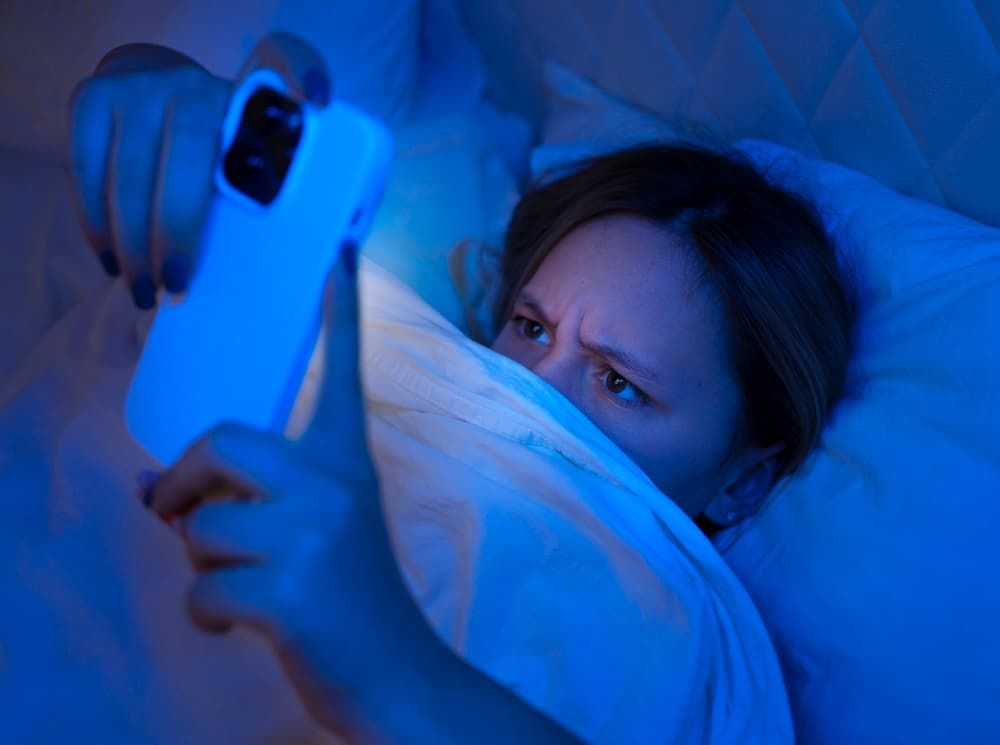Back to Help Center
🌙 Why is it so hard to stop checking my phone at night?
Late-night phone use is driven by a combination of cognitive fatigue, dopamine-seeking behavior, and circadian disruption. At night, your brain’s prefrontal cortex (responsible for self-control and long-term thinking) is worn down, while your reward system stays active, pushing you toward easy stimulation like scrolling, swiping, or watching.
Screens also emit blue light, which suppresses melatonin production — delaying your body’s natural sleep signals. Combined with endless content loops, this leads to sleep procrastination and poor recovery.
Jolt addresses this with systems that reduce nighttime override behavior:
Evening Sessions auto-lock distracting apps during wind-down hours. These can be scheduled daily, turning bedtime into a repeatable digital boundary.
Breathing Screens intercept override attempts with a 5-second pause, activating mindfulness and disrupting reflexive opening.
Hard Mode or Partner Lock removes the burden of late-night decision-making altogether by requiring outside approval to bypass limits.
These features align with findings from circadian rhythm neuroscience and behavioral reinforcement theory. They reduce the chances of acting on impulse while your cognitive defenses are lowest.
Jolt’s goal is not to enforce strict rules — it’s to help you build a digital sunset ritual that improves both sleep quality and next-day clarity. By automating good boundaries at night, you free up energy for the morning — where habits are more likely to stick.
You don’t need more self-discipline at midnight. You need fewer chances to override what your body already knows: it’s time to rest.
Top posts
Ideas, trends, and inspiration for a brighter future






